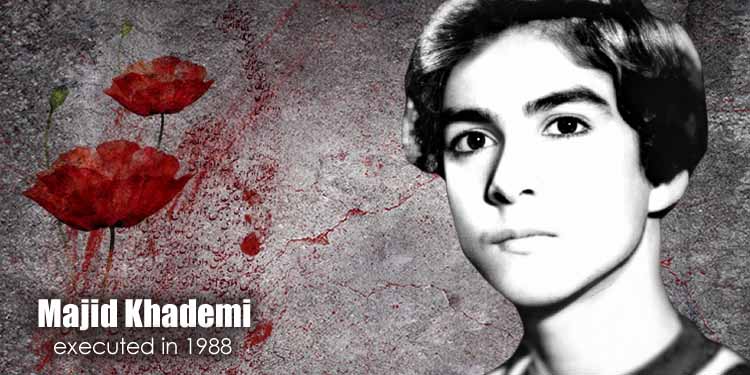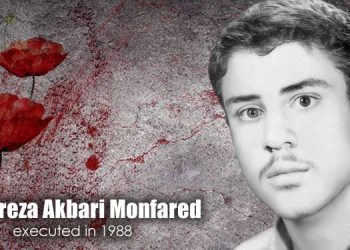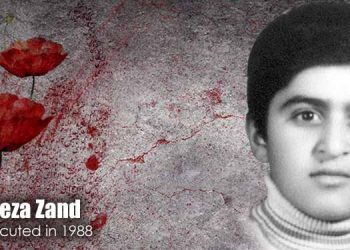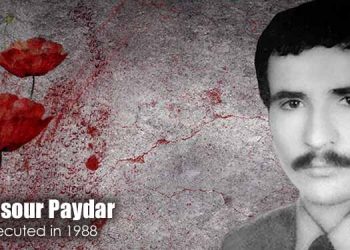Majid Khademi was born in 1967 in Golpayegan, one of the cities of the central Iranian Isfahan Province.
He was studying the 7th grade when he was arrested. He spent his prison term in the Dastgerd Prison of Isfahan, and executed on August 6, 1988.
An account about Majid Khademi states: “Majid got acquainted with the People’s Mojahedin Organization of Iran (PMOI/MEK) after the anti-monarchical (1979) Revolution. Since the outset, he was an active supporter in his school. He was expelled from school in 1981 for his activities. Then, the Revolutionary Guard Corps arrested him for taking part in the (anti-regime) demonstration on June 20, 1981. He spent 9 months in the Prison of Golpayegan. He was subsequently transferred to Dastgerd Prison, and later released temporarily.”
In 1987, he was rearrested in Zahedan, capital of Sistan and Baluchestan Province, on the southeast border, as he was attempting to leave the country to join the National Liberation Army.
A firing squad executed him and another 700 of Isfahan’s prisoners on August 6, 1988. He is reportedly buried in section 17 of Isfahan’s Bagh-e Rezvan Cemetery.
Two of Majid’s brothers, Alireza and Hossein Khademi, have been also killed by the Iranian regime. Alireza was 22 and a student. He was killed in autumn 1982 in Tehran. Hossein was executed by a firing squad in Kerman in October 1988.
A Crime Against Humanity
The Facts
- In 1988, the Iranian regime massacred 30,000 political prisoners.
- The executions took place based on a fatwa by Supreme Leader Khomeini.
- Three-member commissions known as ‘Death Commissions’ were formed across Iran sending political prisoners who refused to abandon their beliefs to execution.
- The victims were buried in secret mass graves.
- The perpetrators continue to enjoy impunity.
- Since 2016, the names of nearly 100 ‘Death Commission’ members have been revealed. Many still hold senior positions in the Iranian judiciary or government.
The Human Rights Council needs to conduct an international investigation into the 1988 massacre. This would be the first step to end the impunity for the officials, agents and those who ordered the largest political crime of the century.
Khamenei and other leaders of the regime need to be prosecuted and face justice for committing crimes against humanity.











